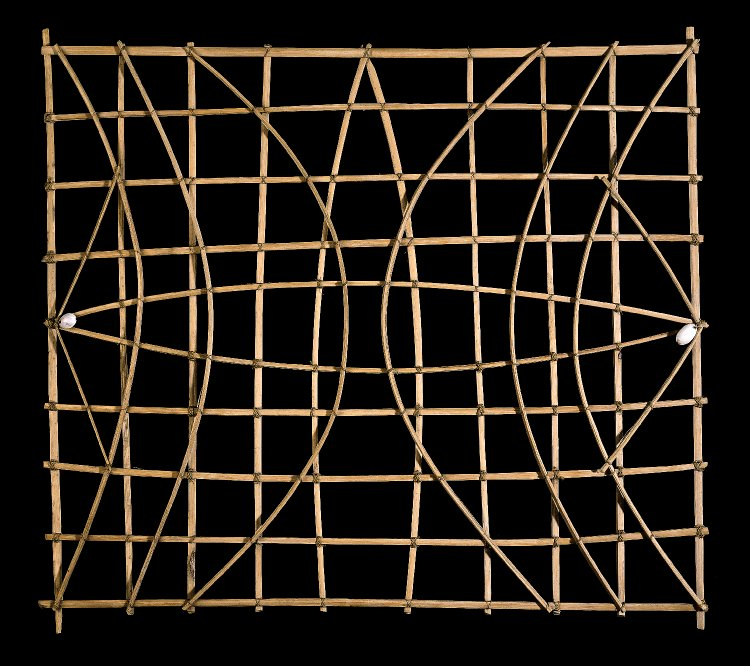First Year Graduate Seminar

This seminar is designed to introduce graduate students to a range of broad themes that continue to engage scholars who think critically about the relationships between people, objects, and their historical lives. Together, we will explore the questions that they ask of visual and material culture (and the stakes—personal, political, and disciplinary—that serve as motivation), as well as the methodological tools they use to answer them.
Rather than adopting a pedagogical model which moves chronologically (beginning with Vasari, say, or Winckelmann)—an approach that presents the discipline of art history as a marching progression of discrete methodologies developed in large part to address the artistic production of Western Europe—weekly readings, class discussions, and assignments revolve around a variety of different responses from across time and subfield to a broad thematic question, here articulated as an entanglement of two seemingly oppositional concepts. Capitalizing on art history's inherent interdisciplinarity, particular emphasis will be given to object-based approaches that engage with questions of mobility, hybridity, material quality, agency, ecology, and decolonization.
Although the scope of our collective inquiry is purposefully broad, the seminar will also provide participants with the opportunity to apply the different approaches we explore to discussions of specific objects. In short weekly writing assignments (c. 500 words), students will frame their responses to the assigned readings in relation to an object of their choice. In this way, students gain practical understanding of the mechanics of object-based inquiry while building knowledge of their own subfield. Additionally, students will initiate one seminar meeting by providing an overview of a key debate, text, or group of objects in their own subfield that relates to the week's theme and sets the agenda for discussion. A final writing assignment (c. 4000 words) will require students to draw on both weekly responses and their seminar introduction to frame one object that is central to their broader research interests in terms of its methodological historiography. In other words, the paper will provide students with the opportunity to take stock of their subfield by examining the questions and methods that have been applied to their chosen object in the past, as well as to articulate the questions and methods that will guide their own research in the future.
Course Requirements: